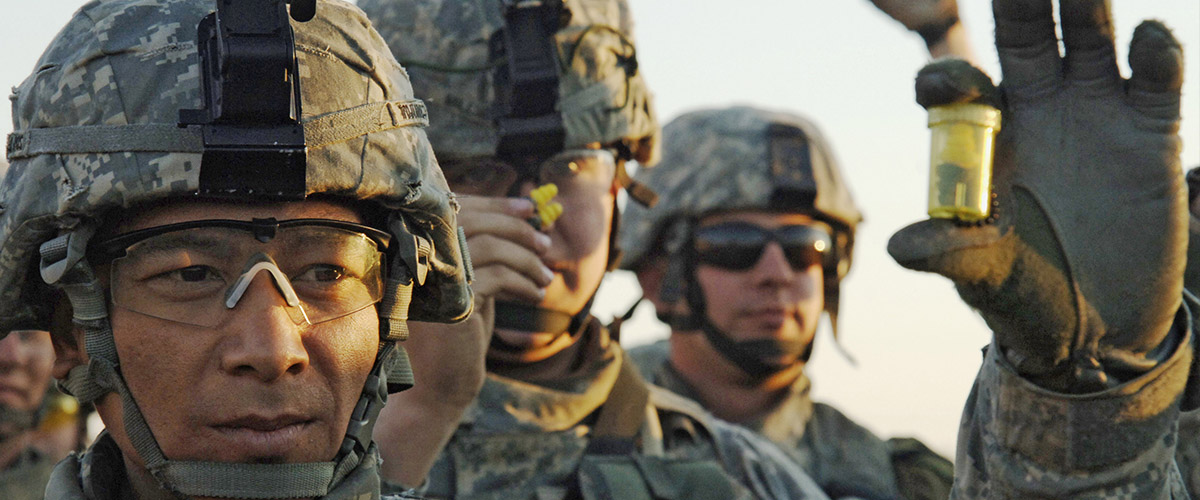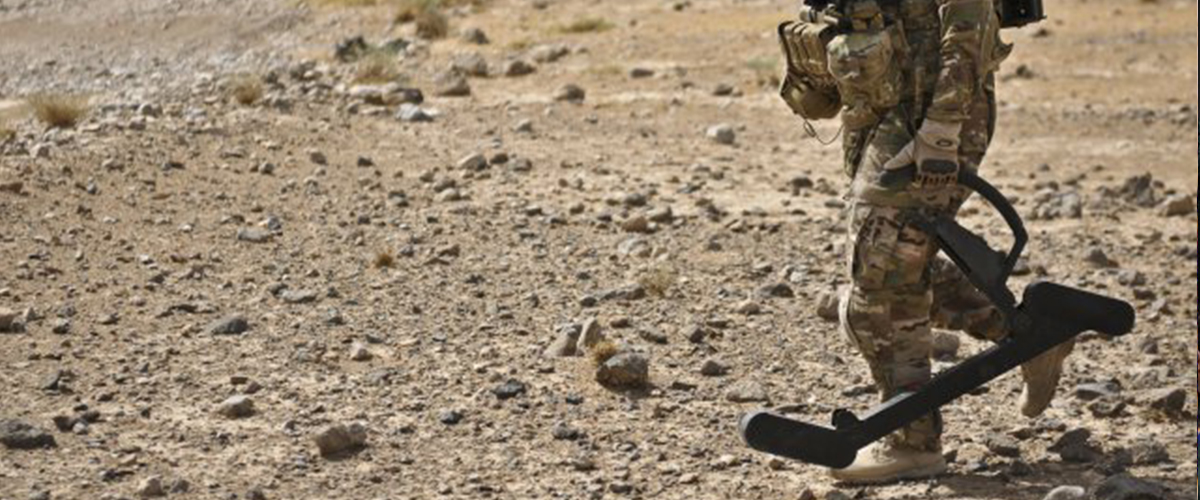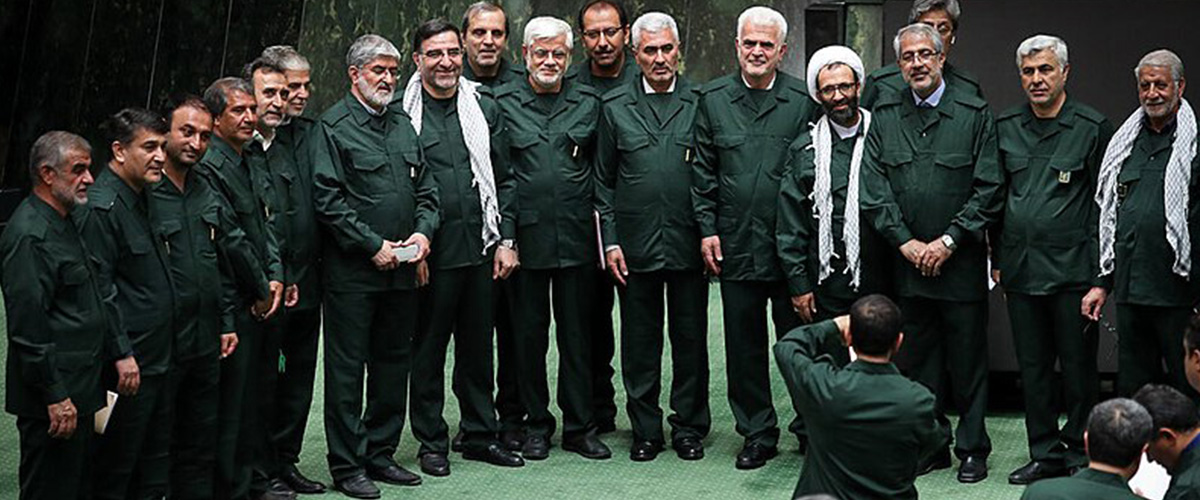
IAVA Files Amicus Brief Against Diverting Defense Spending to Border Wall
President Donald Trump’s plan to divert $3.6 billion from defense funding to build a border wall will endanger the well-being of Active Duty Service Members and their families, according to a nonprofit Veterans advocacy group. The Iraq and Afghanistan Veterans of America (IAVA) filed two Amicus Briefs in two ACLU cases with a California federal judge opposing the president’s plan to divert military funding.
“IAVA is speaking out on behalf of service members and their families,” said IAVA CEO Jeremy Butler. “Regardless of whether you support or oppose the border wall, it should not come at the expense of our service members and their families.”
In February, the Trump Administration declared a national emergency to divert $6.7 billion to the construction of a border wall between the United States and Mexico. The administration intends for the wall to expand across the entire southern border from California to Texas. In response, the ACLU filed lawsuits to challenge the constitutionality of President Trump’s national emergency declaration.
By declaring a national emergency, the president is able to divert military construction funding to the border wall. According to the IAVA, the Pentagon has largely underfunded military construction projects crucial to the overall mission of the U.S. Armed Forces. The group’s brief says that the siphoning of the defense budget comes after years of underfunded military construction projects.
What projects will the Military Defense Funding Diversion delay?
IAVA is made up of approximately 425,000 members. It is the nation’s largest nonprofit organization for Iraq and Afghanistan Veterans. Collectively, the group says that they are concerned that funding diversion puts military construction projects on hold.
In one of the briefs, the group writes, “Military construction is funded through a painstaking and time-consuming process.” It continues, “Even for the highest-priority projects, it can take ‘three or more years’ before an identified need makes it into a budget request, and years longer for congressional authorization and appropriations, implementation of the federal contracting process, and the physical construction of the project.”
For example, a $41 million project to replace a failing heating system at an Alaska Air Force base has been put on hold indefinitely. Winters in Alaska can dip below 65 degrees Fahrenheit below zero in the winter.
Diverting military funding for the wall has also affected building a $37 million facility intended for the relocation of hazardous cargo and training for bomb defusing.
Additionally, the Pentagon canceled a $13 million childcare facility for families at Joint Base Andrews.
The funding diversion also puts several other projects on hold at several military bases across the country. Military projects delayed by the border wall funding diversion include:
- Buildings for military academies in New York
- Drone Pilot Training Facility in New Mexico
- Shooting ranges in Oregon, Mississippi and Wisconsin
- Flight simulator building in California
- Fire and crash rescue station in Florida
- Military space facility in Colorado
According to news reports, there are a total of 127 military projects that have been stalled indefinitely as a result of the $6.7 billion intended for the wall.
“Service members are used to discomfort,” the group said. “But they should never be asked to work in unnecessarily unsafe or harmful conditions, or to wait even longer for basic facilities that are already long overdue.”



